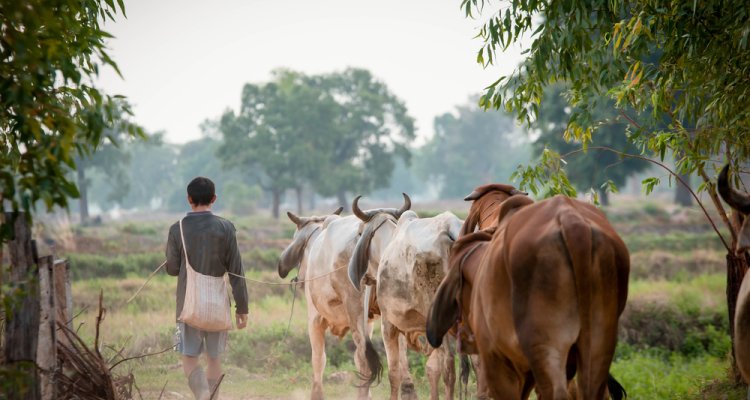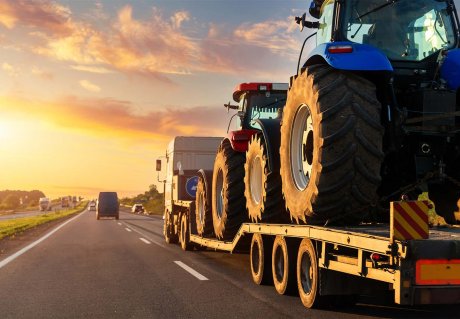
Rural development
One of the key research challenges today is understanding the future of rural areas in an increasingly urbanized society. Many fear that unceasing urbanisation will concur with the decline and depopulation of rural areas, which will impair the quality of life of rural residents. However, rural-urban mobilities and interactions take many forms, including various forms of counter-urbanization. Moreover, we continue to depend on rural areas for many basic needs including food, fresh air and clean water, but also sustainable energy, housing and recreation. Last but not least rural areas continue to serve as markers of identity and belonging across the world. More insight into rural futures and the preconditions for realising sustainable and inclusive countrysides is, hence, important.
The rural develops in diverging directions. Across the world, we see tendencies of rural-urban dissociation and polarisation resulting from rural marginalisation and territorial inequality. At the same time, we see residents seeking refuge in rural areas escaping from the big cities in times of economic crisis or pandemics. Also notable is rise of novel forms of collaboration across rural and urban areas in promoting the green transitions necessary to address climate change and environmental degradation . The concurrency of these diverging developments raises important questions about the drivers of change and the key (human and non-human) actors shaping rural futures, which again comes with questions regarding whose voices are heard and whose are not, and about struggles for recognition and representation. In addition, it is pertinent to understand how rural-urban dependencies may be used to form alliances that promote reciprocal and synergetic collaboration that are urgently needed for safeguarding the future of all.
The Rural Sociology Group (RSO) therefore studies the ongoing transformations in rural, emerging rural-urban relations, the underlying power dynamics and the politics of everyday lives. Our goal is to understand the changes and their origin in their specific contexts , while meaningfully contribute toward creating just and sustainable rural futures. For this, we collaborate with a diverse range of stakeholders, from farmers and villagers to social movements, scientists, and policymakers at local, regional and (inter)national level.


